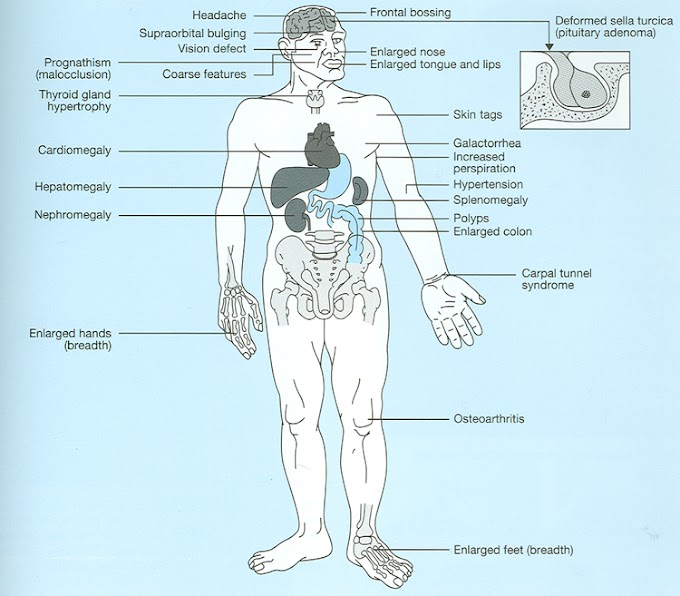Type 2 diabetes is a disorder in which the body does not make enough insulin or does not properly use the insulin it produces. Insulin is a hormone that helps the body convert food into energy. Without insulin, glucose (sugar) from the food you eat cannot enter cells and glucose builds up in the blood. Your body tissues become starved for energy.
Long-term, high blood sugar levels can damage the kidneys, eyes, nerves, and other tissues.
Causes
Two conditions contribute to type 2 diabetes:
- Insulin resistance related to excess body fat (the body cannot effectively use the insulin it produces)
- Failure of the body to make an adequate amount of insulin
A risk factor is something that increases your chance of getting a disease or condition.
- Age: 40 or older
- Obesity or being overweight (especially excess weight in the upper body and abdomen)
- Lack of physical activity
- Family members with type 2 diabetes
- History of gestational diabetes
- History of impaired glucose tolerance
- Race: Black, Hispanic, Native-American, Asian-American or Pacific Islander
- Polycystic ovary syndrome
- Low birthweight
Type 2 diabetes may not produce symptoms for years.
Symptoms include:
- Weight loss
- Increased urination
- Extreme thirst
- Hunger
- Fatigue
- Blurry vision
- Irritability
- Frequent or recurring infections
- Cuts healing slowly
- Numbness or tingling in the hands or feet
- In women: frequent vaginal yeast infections
- Problems with gums
- Itching
- Impotence
The doctor will ask about your symptoms and medical history, and perform a physical exam.
Diagnosis is based on the results of blood tests and other criteria, including:
- Symptoms of diabetes and a random blood test revealing a blood sugar level greater than or equal to 200 milligrams per deciliter of blood (mg/dl)
- Blood sugar tests after you have not eaten for eight or more hours that reveal blood sugar levels greater than or equal to 126 mg/dl on two different days
- A glucose tolerance test with a reading greater than or equal to 200 mg/dl
Diabetes treatment aims to maintain blood sugar at levels as close to normal as possible. Regular medical care is essential for preventing or delaying complications.
Diet
- Follow a balanced meal plan, eating consistent and moderate amounts of food at regular times.
- Do not skip meals.
- Eat plenty of fruits, vegetables, and fiber.
- Eat limited amounts of fat.
- Eat moderate amounts of protein and low-fat dairy products.
- Avoid foods high in sugar.
- Eat a bedtime snack with protein and a starchy food.
- Keep a record of your food intake to help a dietitian or doctor advise based on your nutritional needs.
If you are overweight, talk to your doctor about a reasonable weight goal and a safe diet program.
Exercise
Physical activity helps the body use blood sugar. It will also help you reach and maintain a healthy weight, and lower the levels of fat in your blood. Follow your doctor's recommendations for activity levels and restrictions.
Blood Sugar Testing
Checking blood sugar levels during the day helps you track the amount of glucose in your blood. Testing is easy with a blood glucose monitor. Keep a record of the results to show the doctor. Your treatment plan may change based on your test results.
Oral Medication
Taken by mouth, these drugs work to lower blood sugar by:
- Prompting the body to make more insulin
- Helping the body better use insulin
- Helping decrease the amount of glucose released into the blood
Injections of insulin supplement the insulin produced by the body. Insulin injections are needed when blood sugar levels are not kept low enough with diet, exercise, and medication.
Prevention
Regular physical activity and maintaining a healthy weight can reduce your chance of developing type 2 diabetes. . If you are overweight, have a family history of diabetes, or have prediabetes ask your doctor if taking the drug metformin might help reduce your risk of developing type 2 diabetes.




1 Comments
Really helpful information u mentioned in your blog. Thank you for the post.
ReplyDelete